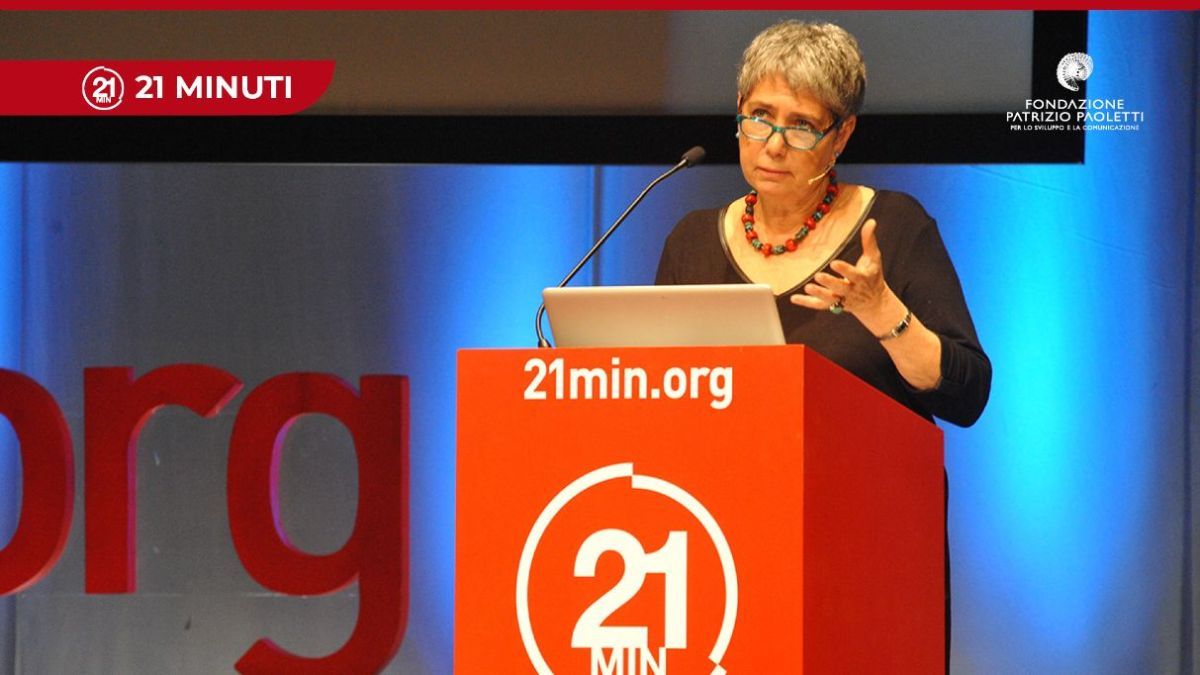
“It is necessary to improve parental knowledge and skills on a permanent basis”: words of Maria Herczog, international child welfare expert at 21 Minutes
Maria Herczog, an economist and sociologist, has dedicated her entire life to child protection, working with the European Council, UNICEF, chairing the EuroChild network and other organizations around the world. When she was Patrizio Paoletti’s guest at 21 Minutes in 2013, she strongly emphasized that parenting can be learned and that this is not only an individual need, but a necessity for society as a whole.
“Many parents today are still ashamed to ask for help or to ask questions about parenting difficulties or children’s developmental needs,” said Herczog in her speech – “because there is a widespread idea that parenting skills are innate: we are all already born good parents. Now we have all the knowledge and information, to find a way to help, to support parents and parents-to-be”.
Maria Herczog, who has a global institutional perspective, highlighted the persistence of anachronistic social myths about parenting today. While parenting is becoming an increasingly complex task in the rapidly changing society, the stereotypical idea that everyone should be a parent ‘by instinct’ remains. On the contrary, scientific research has for years now adopted a different perspective on modern-day parenting skills, highlighting how complex they are in today’s society and how it is necessary to support parents and parents-to-be in what is an extraordinary learningIl termine apprendimento - con i sinonimi imparare, assimila... More process.
We must consider that ours is a time of exceptional complexity for new parents, grappling with the phenomena of family nucleus diversification and, consequently, of parenting. In such a context separations multiply in the first three years of a first child’s life, hand in hand with so-called ‘parental burnout’, which, according to various estimates, now affects between 2% and 12% of the population in Europe, with 18% of mothers at risk.
It is essential to understand, in fact, that investing in the education of the youngest also means an investment in the education of those who care for them, parents and educators. “The care we receive as children will determine our perception of the world, of adults, and how we will care for others even as adults,” recalls Herczog – and are therefore crucial in prefiguring a sustainable future. The task of caring for children cannot be left to the goodwill of parents alone, who are the very first to express the need for training in order for their role to be effective.
Training for parenthood will ensure that investing in children really represents a secure investment in the future, as Herczog emphasized and as is stipulated in the fourth UN Sustainable Development Goals: “Ensure inclusive and equitable quality education and promote lifelong learning opportunities for all”.
